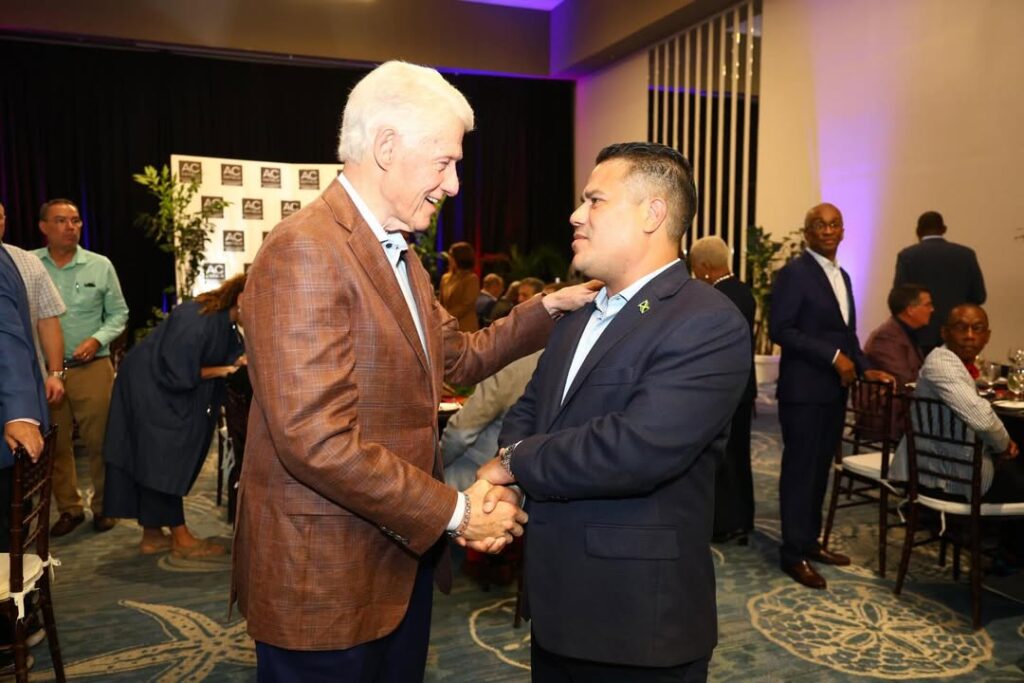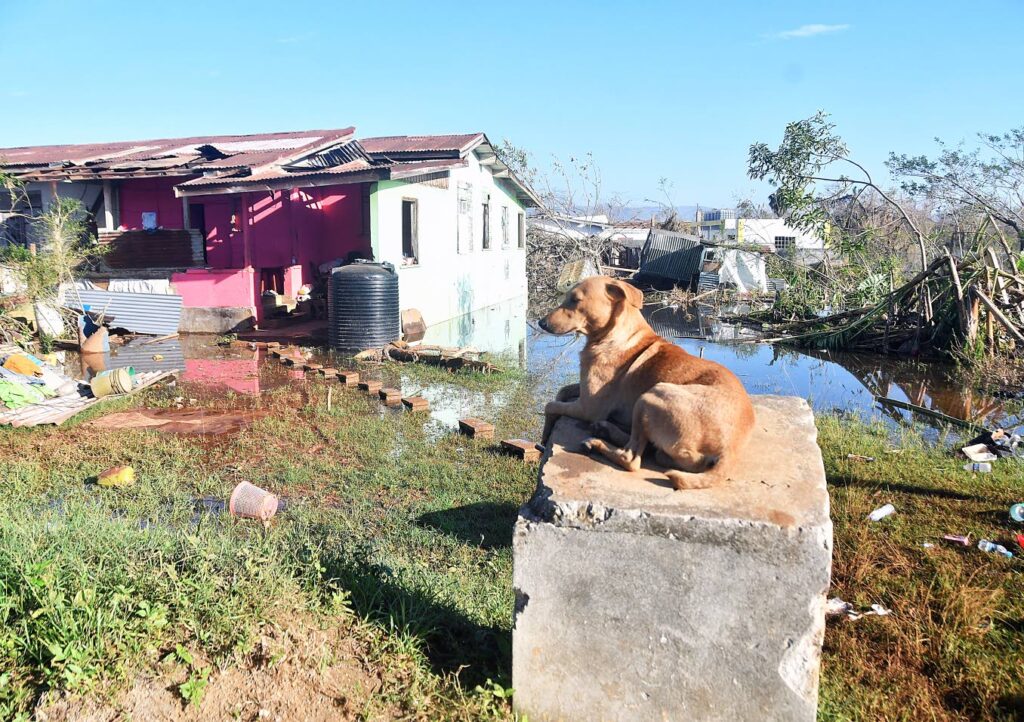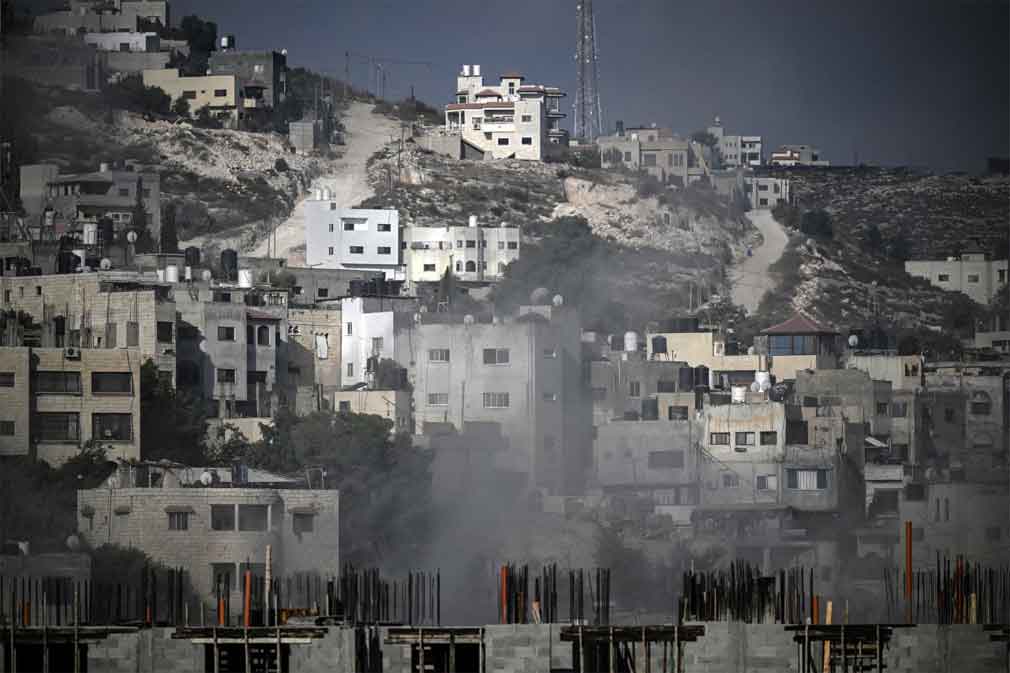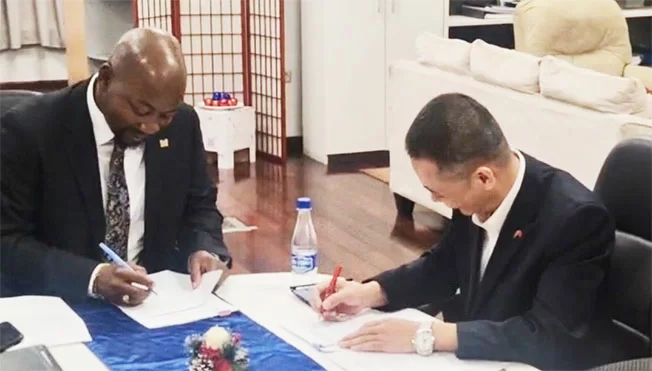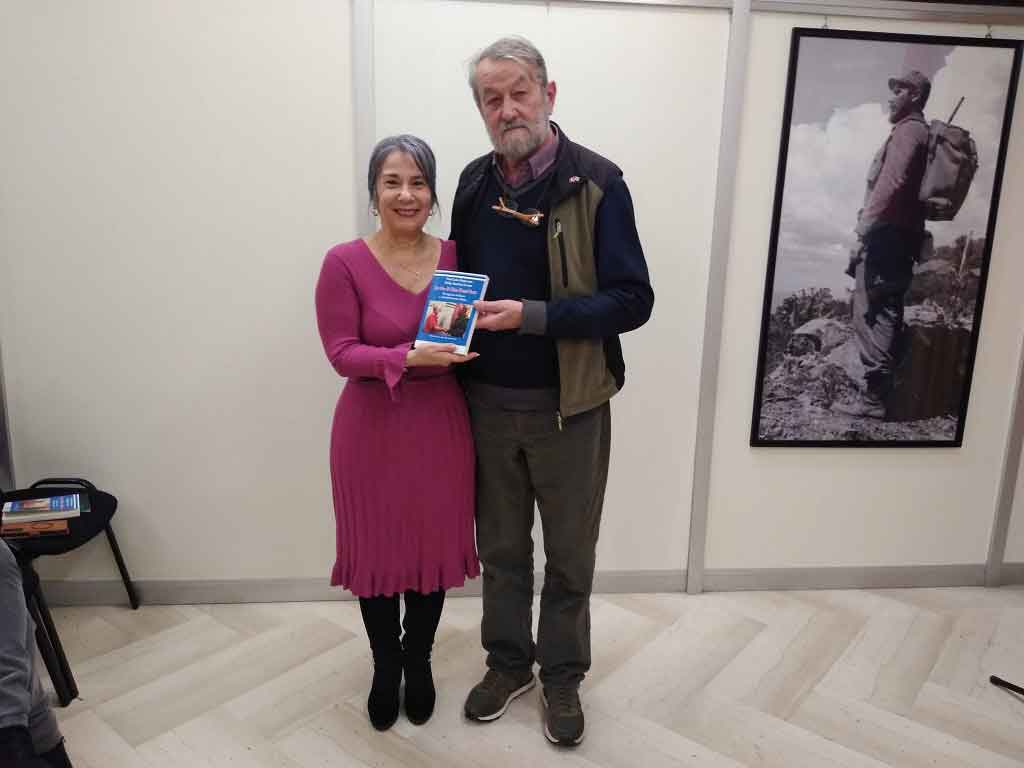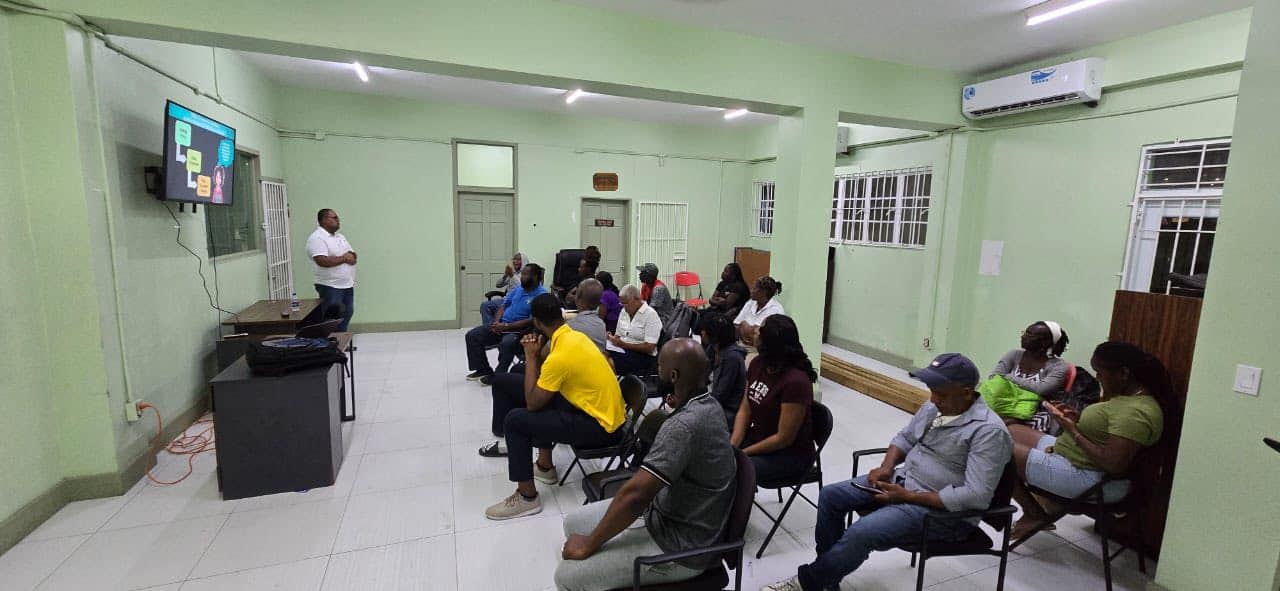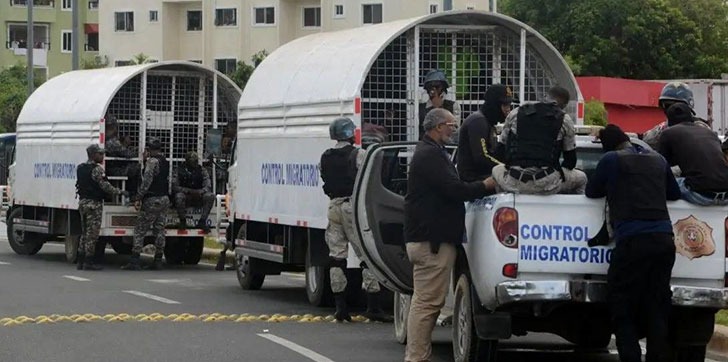A United States military operation in the eastern Pacific Ocean resulted in the deaths of four individuals aboard a speedboat suspected of trafficking illicit narcotics. The incident occurred on Thursday and has intensified existing scrutiny over a counter-narcotics campaign that has reportedly claimed over 85 lives.
The US Southern Command (SOUTHCOM) publicly detailed the strike in a post on the social media platform X. The command stated the targeted vessel was operating in international waters and was ‘operated by a Designated Terrorist Organization.’ According to their intelligence assessment, the boat was confirmed to be carrying illegal drugs and was transiting a known route used for narcotics smuggling.
The official statement confirmed that ‘four male narco-terrorists aboard the vessel were killed.’ Accompanying the announcement, SOUTHCOM released a video depicting the events. The footage shows a multi-engine boat, often referred to as a ‘go-fast’ vessel, moving at high speed across the water. Subsequently, an explosion strikes the craft, immediately engulfing it in a massive fireball and leaving it completely destroyed.
This lethal engagement is the latest in a long-running, proactive US military effort to interdict drug shipments, primarily cocaine, traversing maritime routes from South America towards North American markets. The strategy often involves tracking suspect vessels and, after receiving legal authorization, employing lethal force to disable them. However, this aggressive tactic continues to draw significant criticism from human rights organizations and some regional governments. Critics question the legal and ethical justifications for the use of deadly force in circumstances where the alleged criminals pose no direct, imminent threat to US personnel, arguing it circumvents due process and has resulted in a high number of fatalities.

